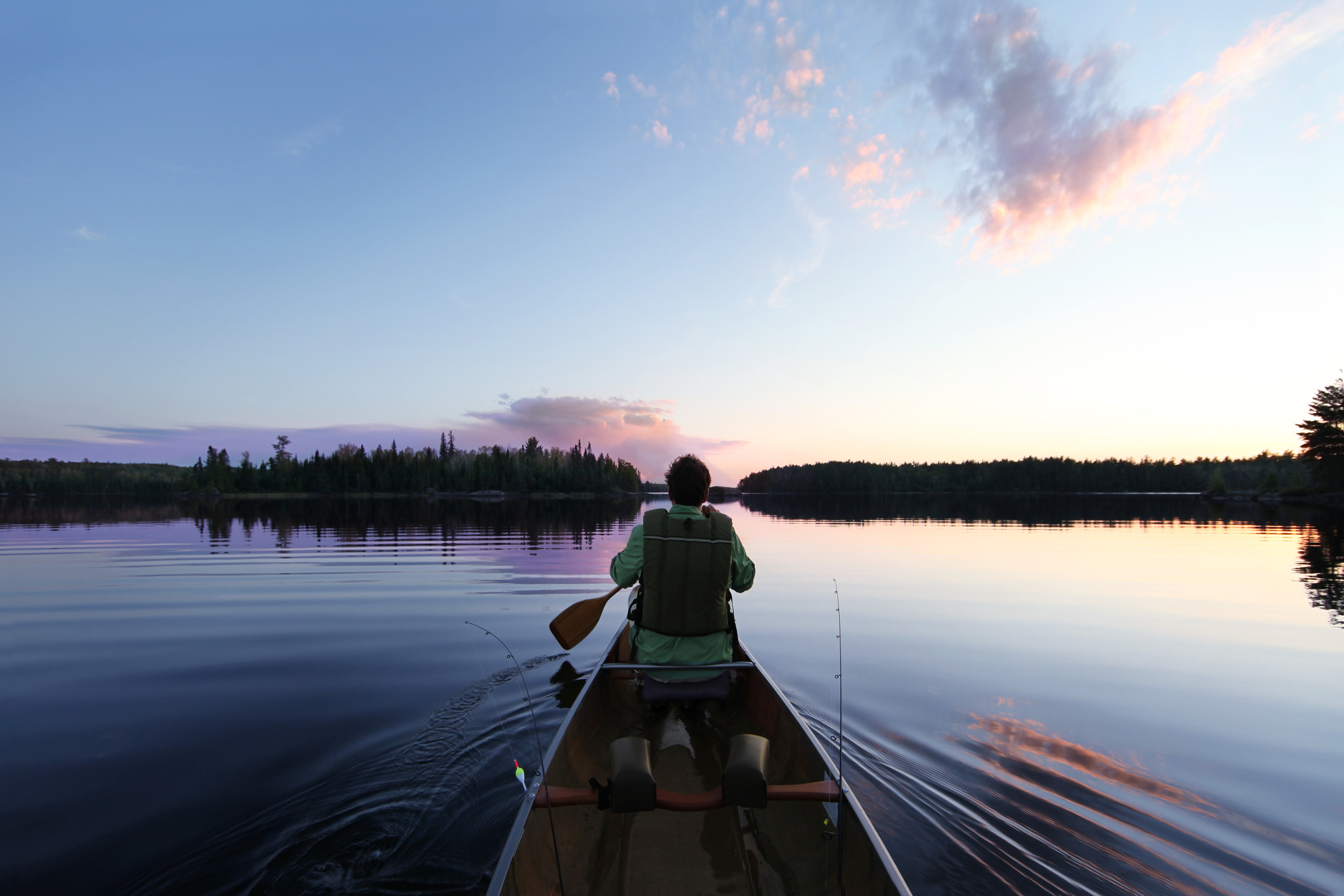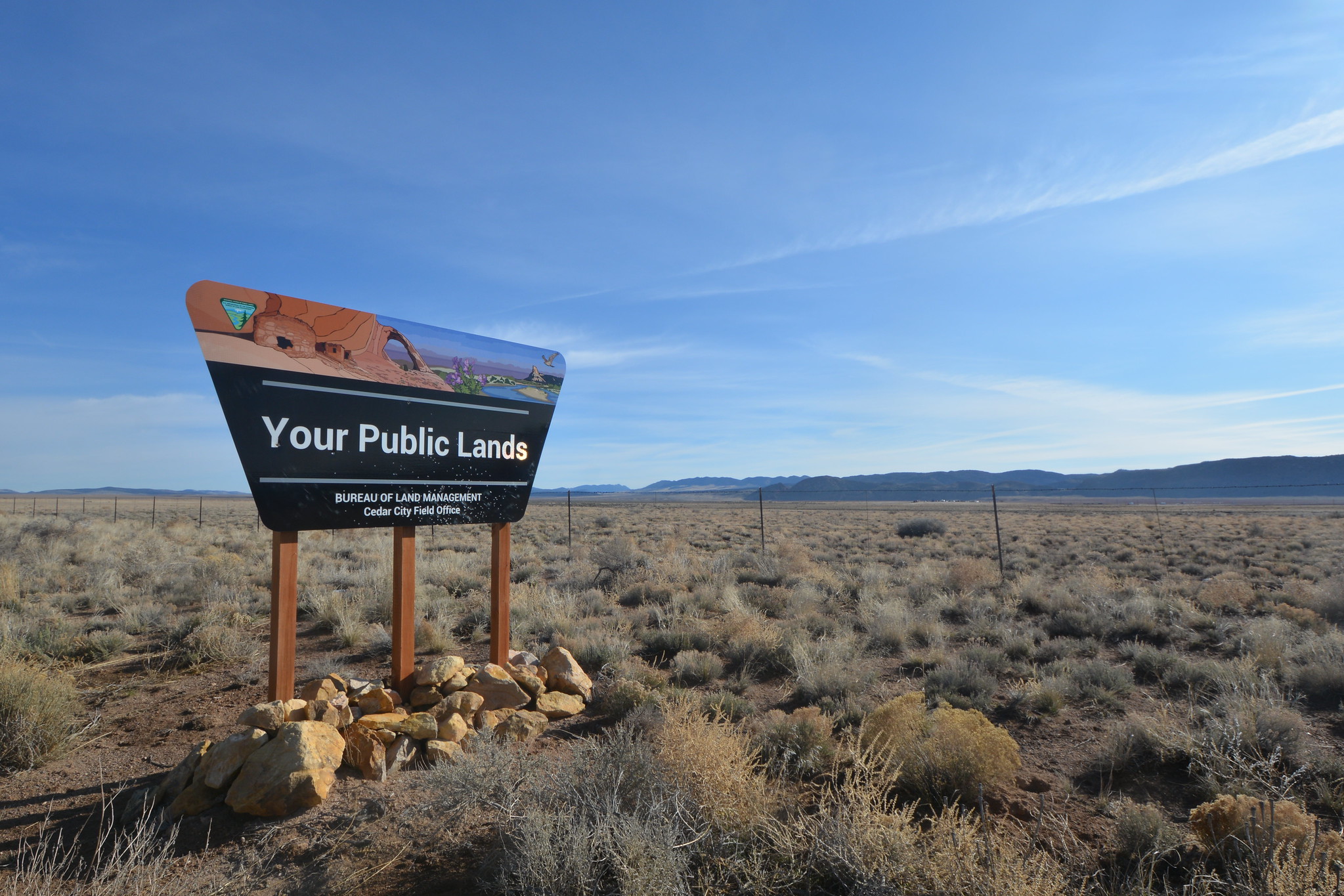House Committee Weighs Massive Mining, Drilling, and Logging Proposal

The House Natural Resources Committee this morning is considering a wide range of legislation that could mandate mining in protected landscapes, require more logging on America’s forests, build more water-storage capacity for Western irrigators, and reduce environmental review for most industrial activities on BLM and National Forest land.
Together, the committee’s actions are intended to wring some $15 billion from natural-resources management while also clawing back unspent funds from federal agencies. Collectively the revenue generation and cost savings are projected to bring nearly $20 billion to the U.S. Treasury. President Trump’s budget proposal calls for a combination of tax, agency staffing, and program cuts totaling $163 billion combined with revenue generation from energy and mineral resources to arrive at a discretionary federal budget of $1.7 trillion. The total federal budget proposed by congressional Republicans is $3.7 trillion in 2026 and $4 trillion in fiscal year 2027.
Today’s committee action is called “mark-up,” in which individual members can suggest amendments to the committee’s recommended budget. Once the committee passes its budget recommendations, the document will go to the full House of Representatives for concurrence before heading to the Senate.
Debate over provisions in the bill are a window, visible via a live YouTube feed, into the differences between the Republican leadership of the committee, which is promoting historic natural-resource development and rollback of environmental reviews while forbidding judicial review of extraction permits, and the Democratic minority, which calls the package a give-away to Big Oil and a recipe for environmental catastrophe.
One provision that’s not in today’s mark-up is a provision calling for the outright sale of federal lands. Earlier drafts had called for the sale of public lands “as a budget pay-for,” notes Backcountry Hunters & Anglers, which last week celebrated the omission of language calling for federal-land sales in the latest version of the bill.
But many provisions in today’s mark-up bill are still problematic for hunters, anglers, and conservationists. Public land advocates worry that industrializing America’s landscapes will result in air and water pollution, and loss of habitat — not only for wildlife but also outdoor recreationists.
Here are some of the noteworthy proposals in the committee bill:
- Allow mining near Minnesota’s Boundary Waters. The bill would rescind Biden-era withdrawal of mining permits in the watershed of northern Minnesota’s protected Boundary Waters Canoe Area Wilderness. Proposals to mine copper sulfide in the headwaters of the pristine waterway have been vigorously opposed by recreationists and environmentalists. The committee’s bill would not only reinstate 20-year mineral leases but would forbid judicial review of the action.
- Approve Alaska’s Ambler Road. The bill would mandate federal agency approval of a controversial all-season road to the remote Red Dog Mine in Alaska’s Brooks Range. Critics of the road claim it would sever migration routes for caribou and accelerate mining activity in the fragile Gates of the Arctic National Preserve. The road’s approval “shall not be subject to judicial review,” according to the bill.
- Development of Alaska’s Coastal Plain and National Petroleum Reserve. The bill would reinstate oil and gas leases in Alaska’s North Slope that were issued by the first Trump administration and later withdrawn by the Biden Administration.
- Acceleration of Onshore Oil and Gas Leasing. The bill would remove regulatory barriers and provide non-competitive leasing to encourage production on public lands. The committee estimates the provisions would “generate as much as $12 billion in savings and new revenue for the Federal government.”
- Mandate Massive Coal Leasing. The bill “shall make available for lease known recoverable coal resources of not less than 4 million additional acres on Federal land west of the 100th meridian.”
- Opt-In Environmental Review. The bill contains a controversial proposal that would allow mineral developers to pay an upfront fee of 125 percent of the expected cost of an environmental review to do its own review of extraction projects. Under the provision “there shall be no administrative or judicial review of an environmental assessment or environmental impact statement for which a fee is paid.”
- Charge a Fee for Project Protests. The bill would require people protesting resource decisions to pay a fee in order to provide comments to oversight agencies.
- Rescission of Agency Funding. The bill would claw back unspent funds in the BLM, National Park Service, Forest Service, and National Oceanic and Atmospheric Administration agencies.
- Expansion of California Water Storage. While many of the bill’s provisions would generate revenue to the federal treasury, one line item would provide up to $2 billion to projects that “increase the capacity of existing Bureau of Reclamation surface water storage facilities.” The provision would allow more of California’s Central Valley to receive irrigation water.
- Cancellation of BLM Resource Management Plans. The bill would prohibit the implementation of BLM resource management plans in the Rock Springs and Buffalo, Wyoming, field offices, the Miles City, Montana, field office, and plans in North Dakota and Colorado. Those resource management plans, drafted and approved over the last few years, balanced resource extraction with wildlife habitat and land-use protections.
- Require Accelerated Timber Harvest. The bill requires the U.S. Forest Service and the BLM to increase timber harvest to “equal or exceed the volume that is 25 percent higher than the total volume harvested on such land during fiscal year 2024.” Logging would be allowed in designated roadless areas though not in federally designated wilderness areas.
- Provide Funding for America’s Semiquincentennial. The bill provides $150 million for “events, celebrations, and activities related to the observance and commemoration of the 250th anniversary of the founding of the United States.” Another $40 million would establish a statuary park, the National Garden of American Heroes, in Washington, D.C.
Today’s mark-up has been characterized by stark contrast in the bill’s framing.
Committee Chair Bruce Westerman (R-Arkansas) introduced the package as an “opportunity to promote access to and harness vast potential of America’s natural resources to benefit the American people and impact the budget” and a “once-in-a-generation potential to unleash the full power of America, bringing production back to America while wisely stewarding our natural resources.”
Meanwhile, ranking minority member, Jared Huffman (D-California) called the bill “the most extreme anti-environment bill in American history” which would “auction off million acres of pristine public land, giving massive giveaways to billionaires while gutting bedrock environmental protections, turning public lands and waters into industrial sacrifice zones.”
Read Next: How Seriously Should We Take the Sale of Federal Lands? Very Seriously, Experts Say
The mark-up is expected to extend into tomorrow. The committee’s final draft is expected to go to the full House as early as next week. The full House and Senate are scheduled to begin consideration of the Natural Resources draft, in addition to drafts from 12 other committees, by June 10.
The federal government’s 2026 fiscal year begins Oct. 1.
Read the full article here







